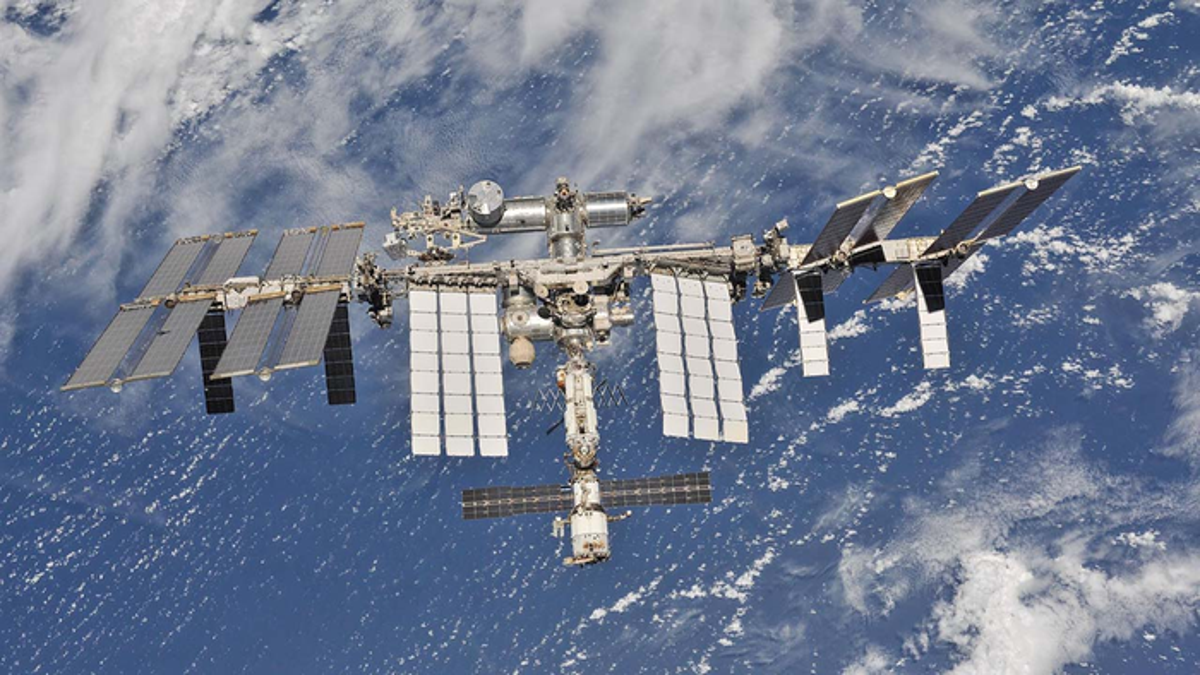ISS astronauts exposed to mutant superbugs that evolved in space

Scientists have discovered a superbug notorious for being resistant to drugs in samples isolated from the International Space Station, sparking concerns for astronaut health.
They found 13 strains of the bacterium Enterobacter bugandensis which is known to be multidrug resistant.
The findings suggest these bacterial strains mutated under the stress of the space environment and became genetically distinct from their Earth counterparts.
On Earth, Enterobacter bugandensis is mainly found in clinical specimens, including from the human gut.
It’s usually a harmless bacterium inhabiting the gut but can act as an opportunistic pathogen, co-infecting people with compromised immunity.
The bacterium is also known to transfer its genome or obtain DNA from other organisms.
This means it possesses harmful traits that can lead to a “plethora of infections”, researchers said.
The superbug can persist on the ISS for long periods, co-existing with multiple other microorganisms.
Scientists said that the closed human environment of the ISS offers a unique extreme environment with microgravity, radiation and elevated carbon dioxide levels that force such microbes to adapt in order to thrive.
In a study published in the journal Microbiome, researchers found that the bacterium from the ISS sample developed a method to evade the action of many different types of antibiotics.
This is usually seen in pathogens recognised for their formidable resistance to antimicrobial treatments on Earth.
Over a two-year study period, scientists isolated 13 different strains of multidrug-resistant Enterobacter bugandensis from various locations within the ISS.
“The singular nature of the stresses of the space environment, distinct from any on Earth, could be driving these genomic adaptations,” researchers noted.
Scientists also mapped the prevalence and distribution of the bacterium across the ISS over time.
The findings shed light on the factors that could contribute to the dominance and succession of Enterobacter bugandensis in the space station.
By assessing such microbes, they said better preventive measures can be developed to protect the health of astronauts.
The findings underscore the need for “robust preventive measures” to ensure the health and safety of astronauts by mitigating risks associated with potential pathogenic threats, scientists said.
The findings also have implications for safety measures in terrestrial settings such as hospital ICUs and surgical theatres, they added.


